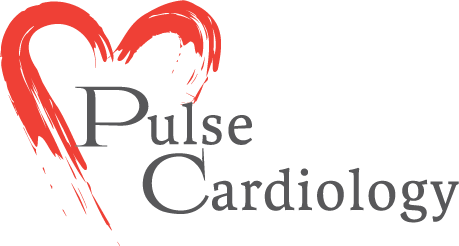High Blood Pressure, Symptoms and Treatment
In simple terms, high blood pressure can be explained as a condition where the pressure exerted on the walls of the arteries/blood vessels in an individual’s body is way over the normal limits.
High blood pressure is a medical condition that is, unfortunately, pretty common all across the globe. Back in the day, it was a condition that was often seen in the elderly. But thanks to unhealthy lifestyles, work routines, and eating habits, it is a condition that can be contracted by a person belonging to any age and gender these days.
If this condition goes unchecked, it can lead a person to develop severe or rather fatal diseases like CAD (Coronary Artery Disease).

Symptoms
Hypertension is more or less a silent ailment. This means that a person with hypertension can lead a normal life without ever showing any signs of the ailment. However, in some cases, symptoms may arise.
Hence, it is fair to state that; symptoms may or may not consist of the following:
- Headaches
- Difficulty breathing
- Frequent bouts of nosebleeds
- Feeling flushed
- Frequent bouts of dizziness
- Unexplained pains in the chest area
- Passing blood while urinating
Treatment
If a person is diagnosed with hypertension, his or her doctor will first ask the person to make significant changes in their lifestyle as well as eating habits.
If this fails, then there are a number of medications available that can help an individual to control the symptoms or rather signs of high blood pressure.
Some of them are as follows:
- Beta-blockers
These are being administered into the body of a hypertension patient with the aim of reducing his or her heartbeat rate. This reduces the rate of blood flowing through the arteries and blood vessels of the patient thus reducing the patient’s blood pressure.
- ACE inhibitors
It prevents the body of the patient from producing the biological chemical angiotensin. The primary purpose of this chemical is to tighten up the blood vessels and walls of the artery found in the human body. With the production of this chemical in check, normal blood pressure is restored.
- ARBs (or Angiotensin II Receptor Blockers)
They block angiotensin molecules from attaching with receptors. This keeps the blood vessels of the patient from tightening up thus reducing overall blood pressure.
- Calcium channel blockers
They block excessive calcium molecules from entering the patient’s heart thus reducing the force of each heartbeat. Less force in each heartbeat means the overall blood pressure in the body of the patient will below as well.
- Alpha-2 agonists
It is administered to relax tightened up blood vessels thus reducing blood pressure.
In the end, it is best to keep in mind that regular monitoring of blood pressure is one of the most efficient ways of maintaining and reducing high blood pressure – otherwise known as Hypertension. Furthermore, one should steer clear of processed, as well as junk food items since these contain large amounts of sodium. Consuming excess amounts of sodium is one of the many reasons a person can become the victim of high blood pressure.
